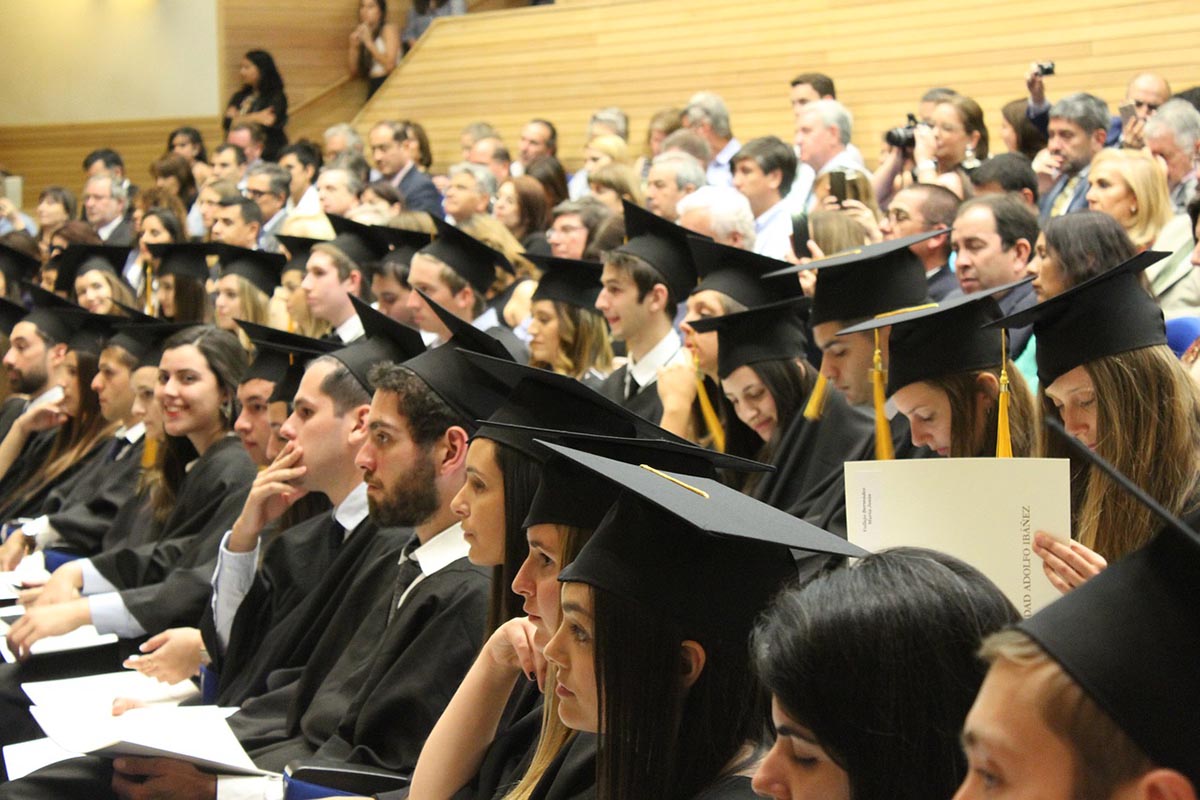Learn What Kind of Things Successful College Students Do
College life presents a unique blend of challenges and opportunities, shaping the future trajectory of students’ lives. Understanding and emulating the habits of successful college students can provide a roadmap to personal and academic excellence.
This article delves into the strategies and practices that distinguish top-performing students, offering actionable insights for those aspiring to enhance their college experience.
Effective Study Techniques for Academic Excellence
Successful college students understand that mastery of effective study techniques is paramount. Time management strategies, such as the Pomodoro Technique or time-blocking, enable students to allocate study time efficiently, ensuring that each subject receives the attention it deserves.
Embracing active study methods, including self-quizzing and teaching concepts to others, can deepen understanding and retention. Moreover, leveraging campus resources like writing centers and tutoring services can provide additional support, ensuring students stay on track academically.
Balancing Academics and Extracurricular Activities
A well-rounded college experience extends beyond the classroom. Engaging in extracurricular activities fosters personal growth and skill development. Successful students strike a balance between academics and extracurriculars, choosing activities that align with their interests and career aspirations.
Time management tips, such as prioritizing tasks and setting clear boundaries, are crucial for maintaining this balance. Participation in clubs, sports, or volunteer work not only enriches the college experience but also enhances resumes and applications.
Make time for a steady sleep schedule
Physical and mental well-being are foundational to academic success. Top students prioritize their health by maintaining a balanced diet, regular exercise, and adequate sleep.
Mental health, often overlooked, is equally important; practices like mindfulness and stress management techniques can improve focus and resilience.
Campuses offer a variety of wellness resources, from fitness classes to counseling services, supporting students in maintaining their well-being.
Success starts with our abilities, and we’ll be more capable and effective if we’re energetic and in good mental health. A lot goes into those things, but sleep is a huge factor that can be a big problem for college students.
Great sleep requires getting into a cycle. It would be best if you tried to go to sleep and wake up around the same time every day. Caffeine and alcohol can be issues, too, especially right before bed, and, given college students’ drinking habits, you’re probably already seeing the problem.
Do your best, though, as great sleep will greatly impact your stress levels and academic performance.
Fight Procrastination with Simple Strategies
Effective time management is a hallmark of successful college students. Utilizing digital tools and apps can streamline scheduling, task management, and productivity. Establishing a daily routine, setting realistic goals, and breaking tasks into manageable chunks can prevent procrastination and enhance productivity.
Staying organized and focused, despite the myriad distractions of college life, is key to achieving academic and personal goals. Procrastination is the great enemy of college success. Unfortunately, virtually all college students procrastinate! Up to 95 percent of students procrastinate, so there’s a good chance that you’re one of them.
That’s okay, but try to cut down on your procrastination. Use to-do lists and written schedules to mandate work and relaxation times, then stick to your schedule. Create simple habits that will help you much more than any complicated productivity scheme.
Leveraging Technology for Academic Success
In today’s digital age, technology plays a pivotal role in education. Digital tools can enhance learning and organization from note-taking apps to educational platforms. Successful students leverage these resources to complement their studies, engage with interactive content, and access a wealth of knowledge at their fingertips.
Online forums and academic databases can also serve as invaluable resources for research and learning.
Cultivating a Growth Mindset for Continuous Improvement
A growth mindset, characterized by resilience and a willingness to learn from failures, is common among successful college students. Embracing challenges, seeking feedback, and viewing setbacks as opportunities for growth are practices that foster continuous improvement.
Setting clear, achievable goals and celebrating milestones can motivate students to persist and excel in their academic and personal endeavors.
Get Help From Peers, Experts, and Professors
You work hard to do your best in college but don’t have to work alone. Most successful college students rarely do. To succeed in college, you’ll want to recognize your limitations and see how working with experts can improve your abilities.
Take essays, for instance. If you’re bad at them, you can get help from an essay service. A good essay service will edit your work; some will even let you buy essays online. Use these services to spot issues with your work and highlight areas of improvement.
Another tip is to turn to your school’s writing center, a tutor, a study group, or professors. When you work with people who know the things you don’t, you’ll have an opportunity to learn.
Chat With the Professors and Administrators
When you talk to professors and administrators, you learn the expectations and better understand how your work will be evaluated. Knowing these people may also help you access helpful programs, internships, and other opportunities.
These experts will also be your first professional connections. You’ll graduate someday, and it won’t just be what you’ve learned — your connections will also matter. Start networking now; it will help you both in college and afterward.
Building a Supportive Network in College
Networking is a strategic component of college success. Building relationships with peers, professors, and professionals opens doors to mentorship, internships, and future career opportunities. Successful students actively participate in study groups and academic clubs, fostering a sense of community and collaboration.
Mentorship, in particular, can provide guidance, motivation, and access to industry insights, facilitating a smoother transition from college to the professional world.
Conclusion: Crafting Your Path to Success in College
The journey through college is as diverse as the student population itself. Adopting the habits of successful college students—ranging from effective study techniques and time management to health maintenance and networking—can significantly enhance the college experience.
Each student’s path will be unique, but these foundational practices provide a blueprint for academic achievement and personal growth. Embracing these strategies can transform challenges into opportunities, paving the way for a fulfilling and successful college career.






















